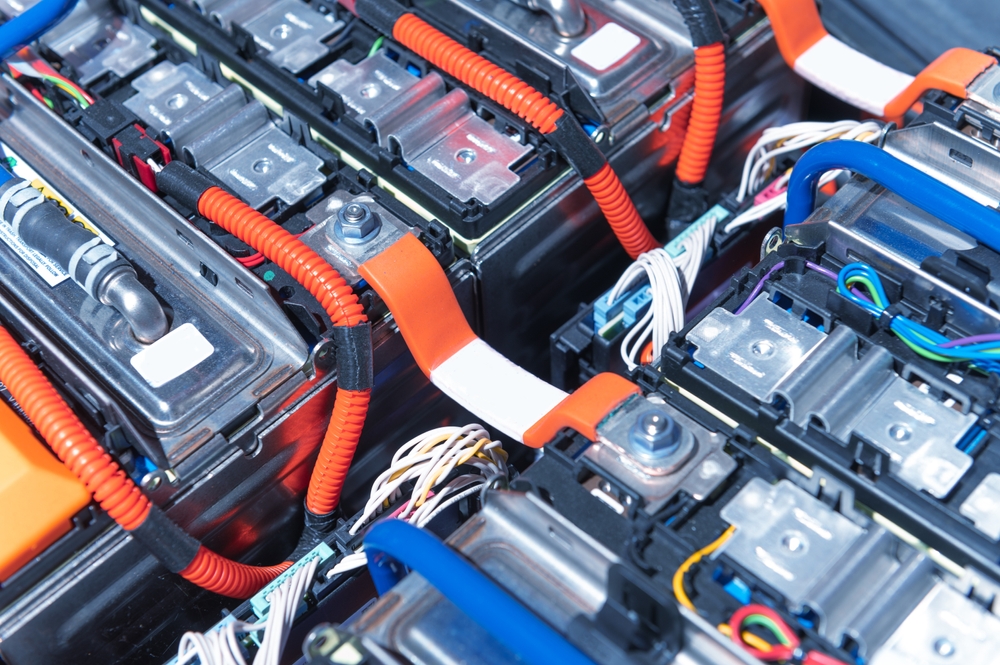Flow batteries use a liquid electrolyte stored in separate tanks.
Others are reading now
A new flow battery developed by Swiss company nanoFlowcell promises to deliver up to 1,200 miles of range on a single tank of liquid electrolytes—potentially transforming the future of electric vehicles (EVs).
Doesn’t Charge
Unlike traditional lithium-ion batteries, which require extensive raw materials like lithium, cobalt, and nickel, flow batteries rely on a unique electrolyte solution that offers several environmental and ethical benefits.
First showcased in October 2021, nanoFlowcell’s bi-ION electrolyte technology offers five times the energy density of the best lithium-ion batteries available today, according to Boosted.
Besides extended range, one of the standout features of flow batteries is their refueling process. Much like gasoline or diesel cars, EVs powered by flow batteries could be “refueled” rather than charged, a process that could save drivers significant time at the pump.
Also read
Liquid Electrolyte ‘Fuel’
Flow batteries use a liquid electrolyte stored in separate tanks, allowing for quick refueling similar to conventional fuel stops. As lithium-ion batteries often struggle to exceed a 430-mile range, flow batteries present an attractive alternative for long-range EVs.
Additionally, the only byproduct of nanoFlowcell’s flow battery is water vapor, making it a particularly eco-friendly option compared to lithium-ion batteries, which have raised environmental and human rights concerns over resource extraction.
Despite these advantages, flow batteries face challenges. The technology remains in its early stages, and questions linger about its scalability and cost-effectiveness for mass EV adoption.
Industry experts note that while promising, the flow battery infrastructure would require a shift in how EVs are refueled, which could complicate adoption rates.
Flow battery applications may extend beyond EVs. Potential uses include drones, household energy storage, and even consumer electronics, suggesting the technology could gain traction across multiple industries.


